Identifying “bottlenecks” in the law is difficult, and amending the law in the context of time pressure and urgent practical requirements is even more difficult. However, in response to urgent demands from life, the Government is currently making efforts to complete a number of draft laws in time to submit them to the National Assembly for consideration at the 8th session in October 2024. On this occasion, Thoi Dai had an interview with Deputy Prime Minister and Minister of Finance Ho Duc Phoc about the above content.
-Sir, what is the reason that amending some economic laws has become so urgent?
-As we all know, economic activities are governed by a number of laws, among which there are specific areas that are directly regulated by law at each stage, each process, each work content related to all parties. In general, having a law to regulate is good, however, this good concept only exists when the law is truly suitable for the movement of life. On the contrary, if the law and practice still have a gap, not suitable for the requirements in different contexts, it will only cause obstacles and have unwanted impacts on some areas of the economy.
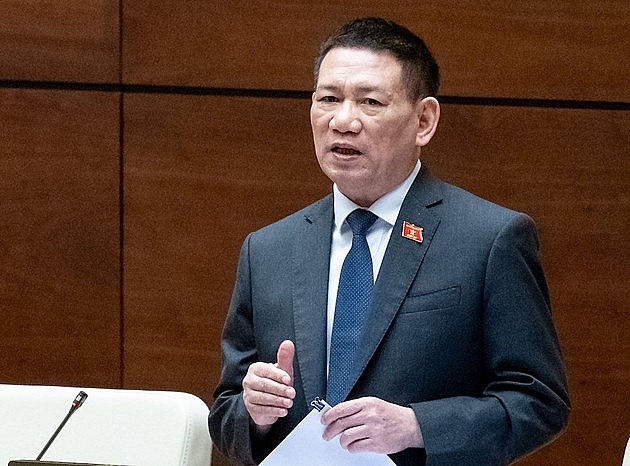 |
| Deputy Prime Minister Ho Duc Phoc said that when bottlenecks in the law are removed, there will be conditions to free up resources to promote sustainable economic development. |
Given the specific issues of the current situation, and the feedback from management practices, there are a number of areas that need to be adjusted to relevant laws, otherwise they will cause bottlenecks for investment activities in particular, thereby affecting the economy and society in general. Therefore, to promote development and make a breakthrough in this period, those bottlenecks must be removed.
-What laws will the government focus on, sir?
-First of all, with the Law on Public Investment. The amendment of the Law on Public Investment this time will have the following specific reformed contents: First, with group A projects, it will be assigned to the Minister and the Chairman of the Provincial People's Committee. Second, the compensation for site clearance of all types of projects will be separated into independent projects. Third, it will be allowed to use regular expenditure sources to establish and adjust project planning. Fourth, with the medium-term public investment plan, the fiscal balance will be maintained for the entire term. As for the annual budgetary management, if there are other sources for regular expenditure, it will be implemented in accordance with current procedures. If it is spent on investment, it must be established with a project, estimate, bid, etc. Next, it is necessary to increase decentralization, and with official development assistance (ODA) capital, if there is money and volume, it will be disbursed, not according to the limit in the plan.
-That's the case with the Law on Public Investment, but what about other fields, sir?
- With the State Budget Law, the first important adjustment is that the budget of one level can be used to spend on another level. Second, if the central government's projects run through the locality, the locality can use its budget to carry out the task. Third, it can use expenditure sources such as regular expenditures to repair, upgrade and build new necessary projects. Fourth, it is decentralized in the management of aid and sponsorship capital for targeted investment and development investment. Fifth, localities can use local budgets or foreign aid to support border units. Another content is that budget levels are supported for businesses, organizations and individuals through non-budgetary financial funds, for example, support for businesses affected by the global minimum tax, or additional charter capital for state-owned enterprises...
-Sir, recently there have been many mixed reviews about the effectiveness of bidding work, so will the Bidding Law be amended this time?
-Yes, the same goes for the Bidding Law. This amendment will be implemented in the direction of increasing the level of designated bidding, then strengthening decentralization, reducing administrative procedures, increasing online bidding to improve transparency...
-Sir, a big concern now is whether, with such a short time, the quality of the bills can be guaranteed when they are presented to the National Assembly at the upcoming October session?
- It is true that time is limited, but that is why the quality of the bills must be prepared at the best possible level. We must be receptive to comments and contributions in order to promote the wisdom of the community and the relevant agencies. Along with that, we must ensure strict implementation of the law-making process, clearly define the progress of submitting bills, and ensure compliance with the requirements of the National Assembly and the Government.
The overarching goal here is that we amend the law to promptly and accurately resolve problems, thereby freeing up resources to achieve high growth targets, solve employment problems, increase budget revenue... thereby building a foundation to ensure sustainable economic development.
-Thank you very much!
Source: https://thoidai.com.vn/pho-thu-tuong-ho-duc-phoc-phai-sua-luat-de-thao-go-nhung-vuong-mac-204435.html




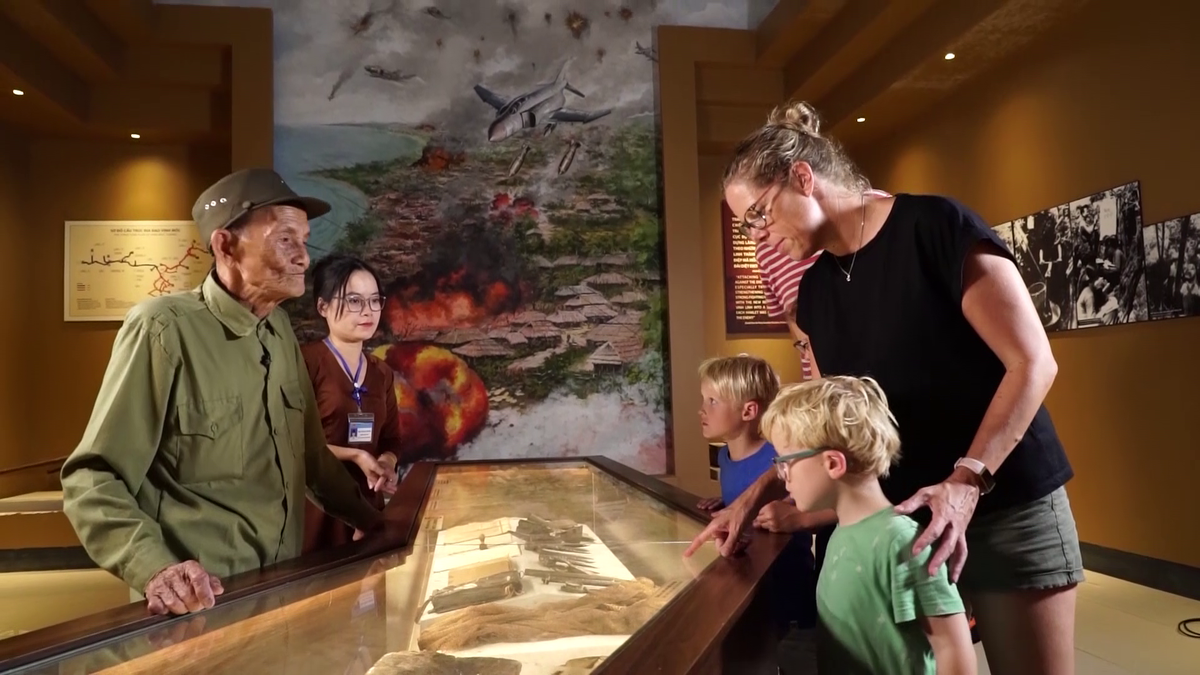
![[Photo] Binh Trieu 1 Bridge has been completed, raised by 1.1m, and will open to traffic at the end of November.](https://vphoto.vietnam.vn/thumb/1200x675/vietnam/resource/IMAGE/2025/10/2/a6549e2a3b5848a1ba76a1ded6141fae)




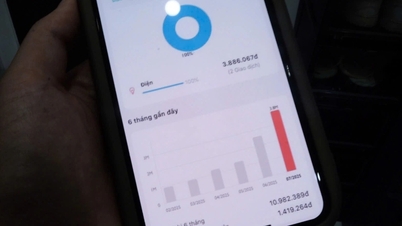

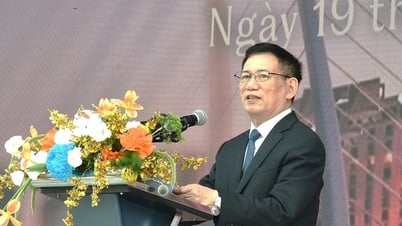

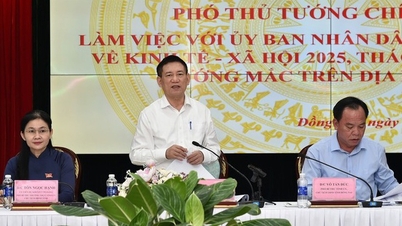


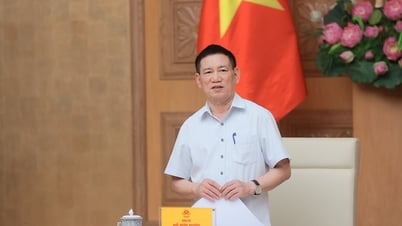


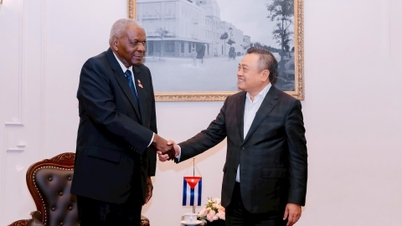

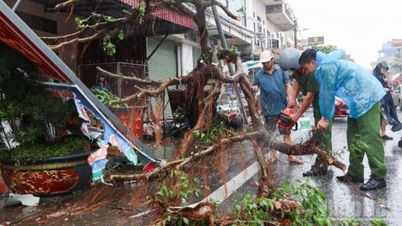





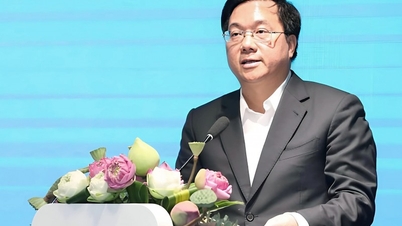
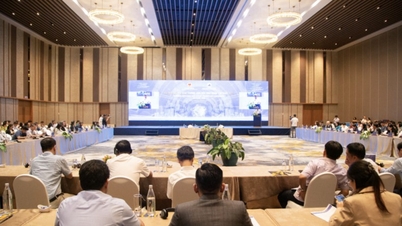

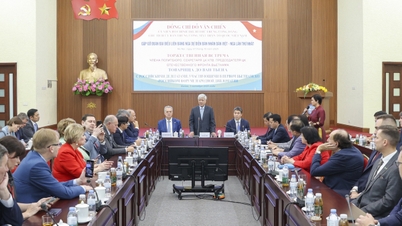
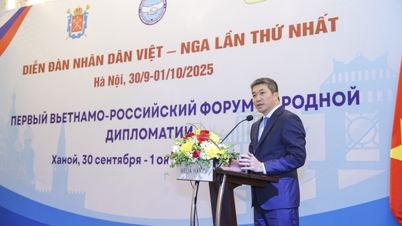
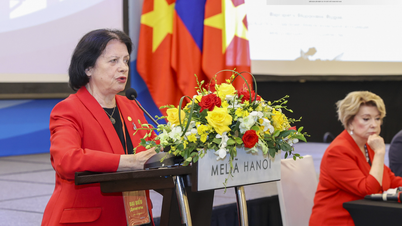
























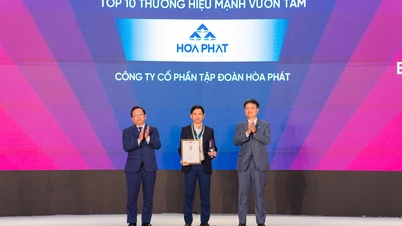








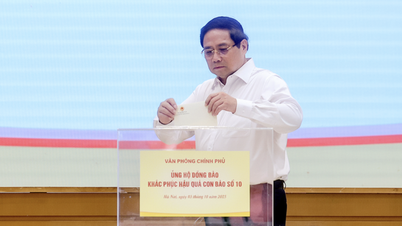





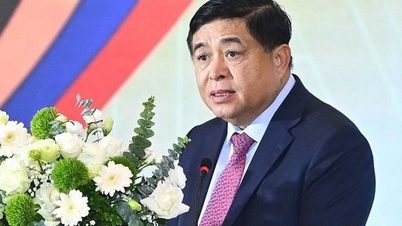



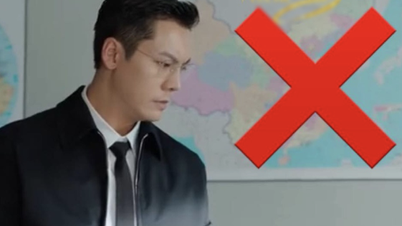
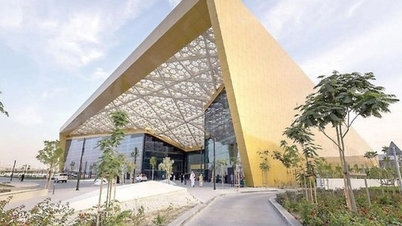
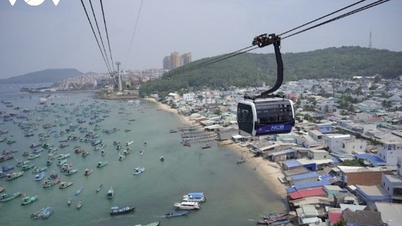


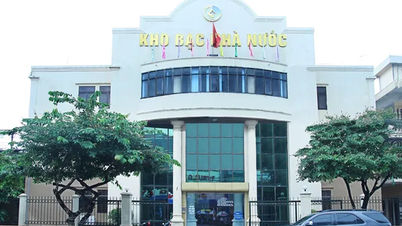



![G-DRAGON 2025 WORLD TOUR [Übermensch]](https://vphoto.vietnam.vn/thumb/402x226/vietnam/resource/IMAGE/2025/10/3/0dec353013874c2ead28385a8c4ccf55)

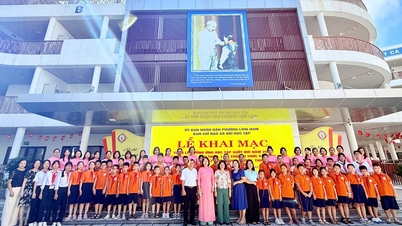
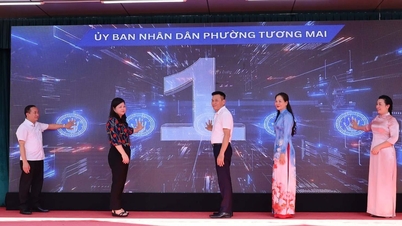












Comment (0)